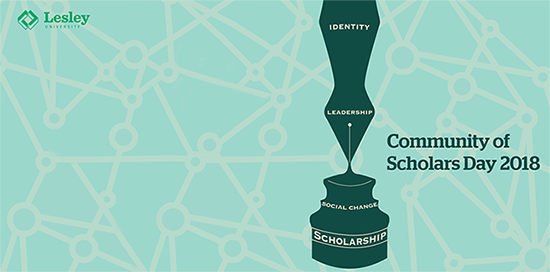Abstract
The process of peer review/critique in the college classroom is rife with challenges which may stem from a lack of commitment on the part of students and instructors alike, despite a significant body of literature which suggests peer review/critique can be an important learning tool. Studies demonstrate, when students are committed to the process, peer review can improve myriad skills, including written work (Topping, 1998, Mulder et al, 2014) and collaborative and communication skills (Topping, 2000, Topping, 2009, Mulder, R., Pearce, J., & Baik, C., 2014, Nicol, 2010), among many others. Our action research study documents how four undergraduate professors across disciplines employed various strategies before, during and after the peer review/critique process. We will describe how we implemented our protocol for effective peer review/critique, a tool developed in the previous year of our study, and what we learned based on student survey data, classroom artifacts, and the literature. Our three-part protocol aims to address the challenges of student engagement and the goals of enhancing student learning. We will highlight the benefits of giving and receiving feedback as well as the exchanging of diverse perspectives. Our protocol emphasizes student agency through goal-setting, revision, and Dweck’s growth mindset, ultimately leading to enhanced self-evaluative skills so significant in higher ed, and providing students with the confidence and leadership skills to become independent reviewers and effective collaborators in college and beyond.
Start Date
28-3-2018 2:10 PM
End Date
28-3-2018 3:00 PM
Presentation Type
Panel
Disciplines
Art Education | Curriculum and Instruction | Educational Assessment, Evaluation, and Research | Educational Methods | Language and Literacy Education | Other Education
Full Text of Presentation
wf_yes
Included in
Art Education Commons, Curriculum and Instruction Commons, Educational Assessment, Evaluation, and Research Commons, Educational Methods Commons, Language and Literacy Education Commons, Other Education Commons
Fostering Student Engagement, Skills, and Connections Through Peer Review/Critique Across Disciplines
U-Hall 3-089
The process of peer review/critique in the college classroom is rife with challenges which may stem from a lack of commitment on the part of students and instructors alike, despite a significant body of literature which suggests peer review/critique can be an important learning tool. Studies demonstrate, when students are committed to the process, peer review can improve myriad skills, including written work (Topping, 1998, Mulder et al, 2014) and collaborative and communication skills (Topping, 2000, Topping, 2009, Mulder, R., Pearce, J., & Baik, C., 2014, Nicol, 2010), among many others. Our action research study documents how four undergraduate professors across disciplines employed various strategies before, during and after the peer review/critique process. We will describe how we implemented our protocol for effective peer review/critique, a tool developed in the previous year of our study, and what we learned based on student survey data, classroom artifacts, and the literature. Our three-part protocol aims to address the challenges of student engagement and the goals of enhancing student learning. We will highlight the benefits of giving and receiving feedback as well as the exchanging of diverse perspectives. Our protocol emphasizes student agency through goal-setting, revision, and Dweck’s growth mindset, ultimately leading to enhanced self-evaluative skills so significant in higher ed, and providing students with the confidence and leadership skills to become independent reviewers and effective collaborators in college and beyond.



